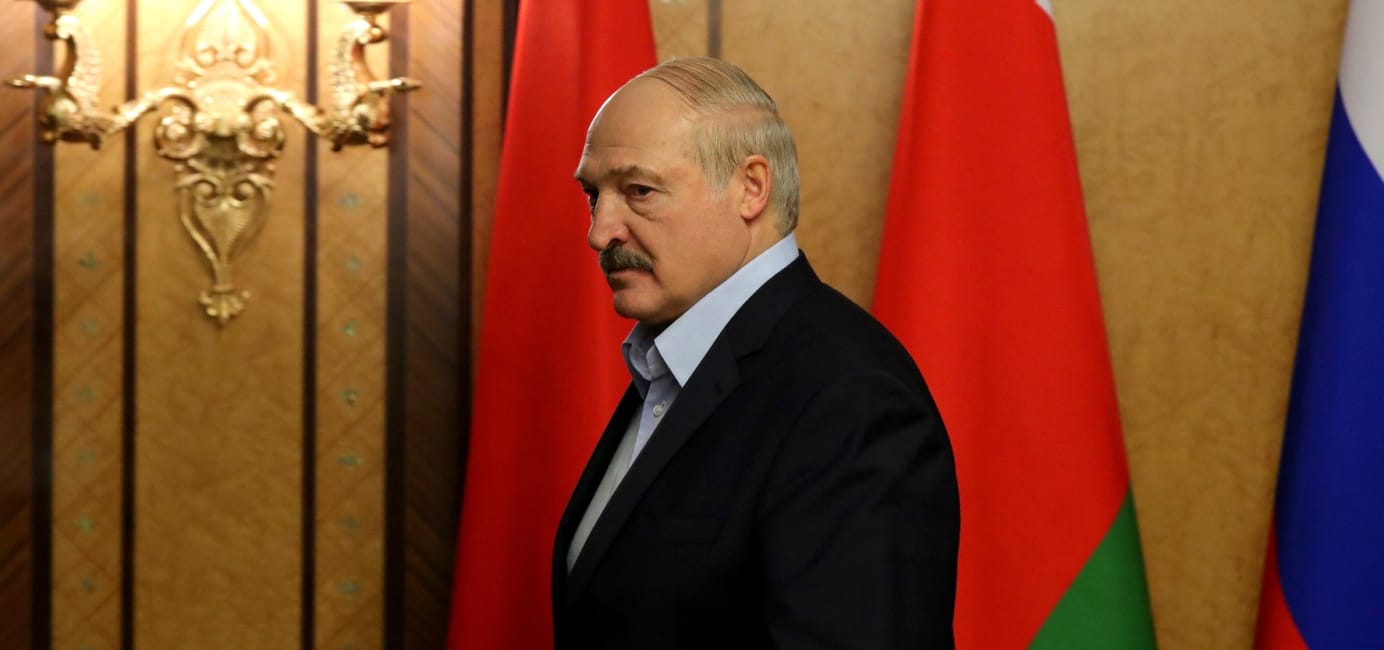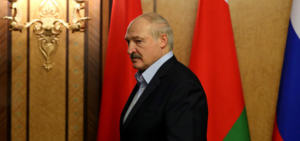
Belarus – one year on from disputed elections
 Last Monday marked one year since Belarusian presidential elections that almost ended the 25-year career of President Alexander Lukashenko. The vote was followed by mass protests and an ongoing police crackdown.
Last Monday marked one year since Belarusian presidential elections that almost ended the 25-year career of President Alexander Lukashenko. The vote was followed by mass protests and an ongoing police crackdown.
During the initial protests, one of the opposition leaders, Maria Kolesnikova, told The Bell, that either the opposition would triumph or “Belarus would be steamrolled under the asphalt”. So far, it seems it is the second path that has been taken. Kolesnikov and dozens of her colleagues are in jail, leading independent media outlets in Belarus have been destroyed, public organizations are shuttered and thousands have fled the country.
Sanctions
The first sanctions against Belarus were largely cosmetic as they targeted Lukashenko and his close allies. But in June, the European Union stepped up the pressure, imposing broad economic sanctions. These affected oil products, potash and tobacco — reportedly impacting 13 percent of Belarusian exports to Europe. But the most serious sanctions came this month when the U.K. banned the export of oil products from Belarus, and the U.S. sanctioned companies exporting Belarusian oil products and potash (the country’s second biggest export).
The effects quickly became clear. Belarusian banks faced a wave of complaints about problems with international transfers. The problem apparently lies in the SWIFT system and intermediary banks, which have yet to decide how to process transactions that could be linked to sanctioned entities. Lithuania announced that from December it would stop the transit of Belarusian potash fertilizer via the port of Klaipeda. Due to poor relations between Belarus and Ukraine, Russia is the only remaining export option. However, Russian companies have no burning to deal with sanctioned goods.
Lukashenko unleashed
Prior to last summer, there was evidence that Lukashenko saw some merit in thinking about the possible Western reaction to his decisions and sought to maintain a balance between Russia and Europe. Now, this consideration is gone.
Some of his erratic behavior has included a helicopter ride over protesters in Minsk, standing alongside riot police and brandishing an automatic rifle; and the forced landing of a civil airliner earlier this year that was carrying opposition blogger Roman Protasevich. On the anniversary of the protests last week, Lukashenko gave an epic press conference lasting 8.5 hours. A BBC journalist who asked awkward questions about the torture of protesters was subsequently expelled from Russia. The official explanation was this was a response to UK discrimination against Russian media.
Links to Russia
Russia’s support for Lukashenko has not been limited to allegedly expelling unwelcome journalists. There’s also financial backing and, more importantly, political support. Belarus currently receives about $1.5 billion of loans every year from Russia, which isn’t all that different from the level of support Russia previously provided (directly and through discounts). And some of this money goes to paying off existing debts to Russia. But the sum is less important than the message: Russia supports Lukashenko’s regime. It’s another question whether this is an asset that could become too expensive.
Migration crisis
Another front in the conflict between the EU and the Belarusian authorities is the migration crisis that has emerged on the Polish and Lithuanian borders in recent months. Migrants are flown into Belarus on aircraft from Iraq and Turkey – the same planes that bring Russian holiday makers to Egypt and Turkey. Then, the authorities organize bus trips for these ‘tourists’ to the Lithuanian border, according to Novaya Gazeta. Iraq announced the indefinite suspension of all passenger flights to Belarus earlier this month, but there is evidence Baghdad-Minsk flights are continuing.
Why the world should care: A year on from mass opposition protests, the political crisis in Belarus shows no sign of ending. Belarus and the unpredictable antics of its leader will remain a flashpoint in relations between Russia and the West for the foreseeable future.




